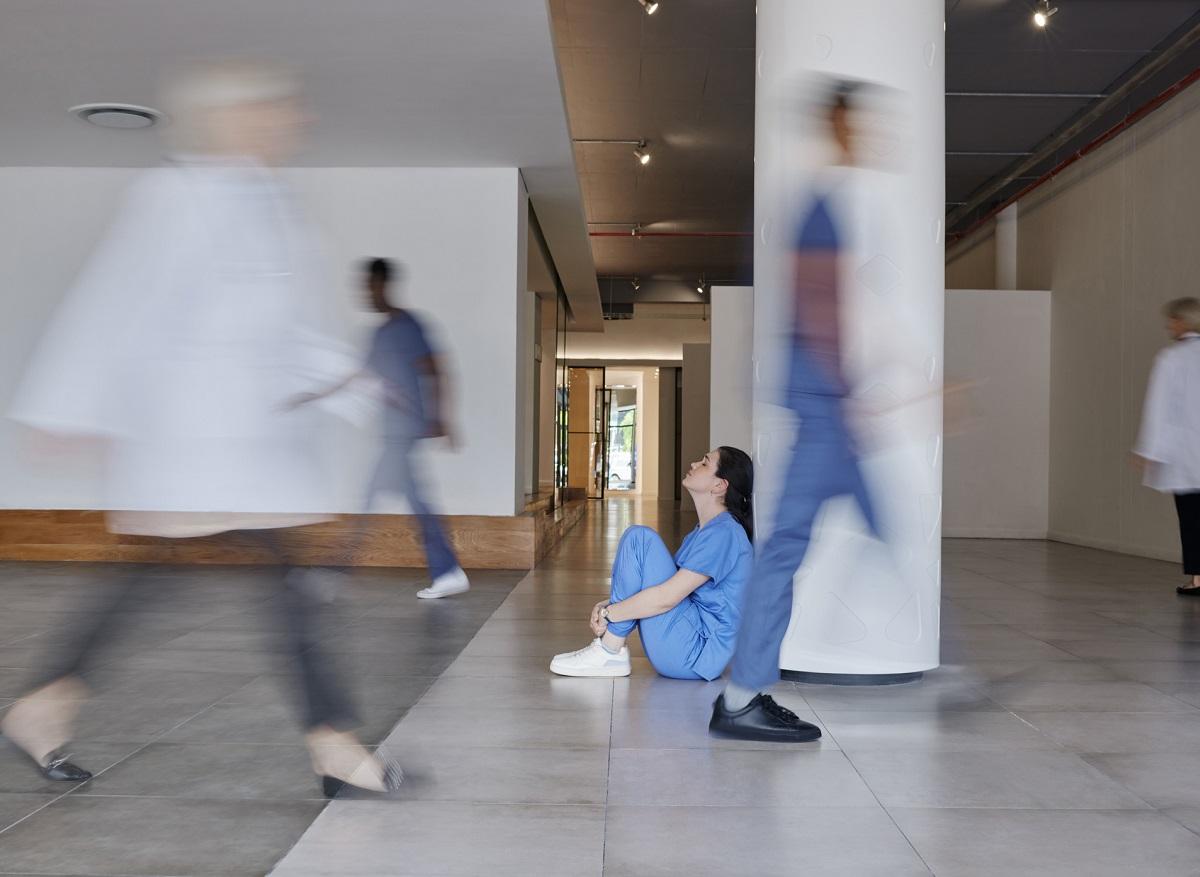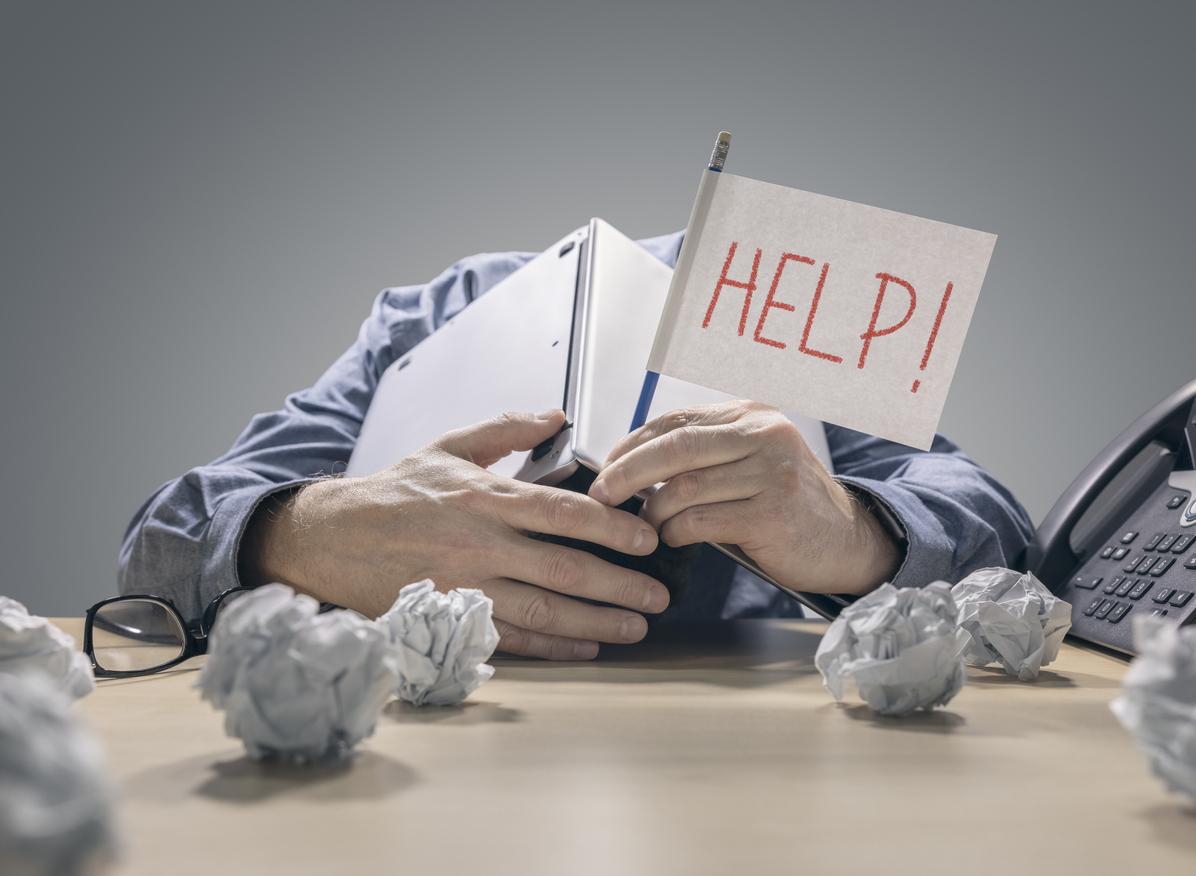To take care of those who treat us, 7 associations of assistance to caregivers and the Order of Physicians have joined forces in a Federation.

The weaknesses of caregivers are increasingly visible. But also more and more listened to and taken into account. At the start of the week, two events were devoted to the suffering of those who treat us, a European congress as well as a Franco-French conference both organized in Paris.
In the minds of all participants, a phrase from the Hippocratic Oath: “I will bring my help to my colleagues and their families in adversity”. Several caregiver assistance associations have been created since the beginning of the 2000s. They mainly provide local or regional support. But faced with the needs of their colleagues, they decided to join forces. The Council of the National Order of Physicians and 7 associations supporting health professionals have thus announced the creation of a national federation.
The objective is first of all to create a network throughout the territory and to share the know-how and skills of each organization. Ultimately, a unique number should be put in place. For Dr Eric Galam, coordinating doctor of the Association for assistance to health professionals and liberal physicians (AAPML), one of the 7 signatories, this federation is also an opportunity to professionalize assistance to caregivers.
Has the mental suffering of caregivers worsened in recent years?
Dr Eric Galam: If we look at the studies carried out over the past 10 years, we see much higher figures among caregivers than in the general population. They do not seem to evolve but they have been stable at a high level for several years.
Regarding professional burnout, for example, 3 criteria must be taken into account: emotional exhaustion, the depersonalization of the patient and the decline in personal fulfillment. At least 30 to 40% of the professionals surveyed cite at least one of the symptoms, and between 5 and 10% say they feel 2 or 3. When so many professionals are bad, it is very worrying. Especially when it is a profession on which one is supposed to rely in case of difficulties.
From this observation, we can say that the suffering of the caregiver is both a sign of the suffering of society, but also of a system in tension. Note that this affects both practicing doctors and young people in training. If even the doctors of tomorrow are affected, this shows that this suffering is not simply linked to an excessively heavy administrative burden. They are linked to this difficult job of providing care.
Listen to the full interview with Dr Eric Galam:
Have aid associations allowed doctors to speak more freely about this discomfort?
Dr Eric Galam: Before the creation of these associations, it was a taboo, but I believe, indeed, that one speaks about it much more readily now thanks to them. But this word has also been released throughout the population thanks to the efforts made to have burn-out recognized as an occupational disease.
Do caregivers need specific care?
Dr Eric Galam: Very often they do not take care of themselves. They are in denial, in self-diagnosis and self-medication. They are doing as best they can because being taken care of is for them a form of indignity. In fact, they find it difficult to accept stepping into the role of the patient. This is particularly why an association that signed the contract with the Order has developed hospital beds in psychiatry and addiction dedicated to doctors and relocated to prevent doctors from meeting their patients in places of care. Access to care must be facilitated. Paradoxically, it is as if there was no access to care while doctors are immersed in care.
.















